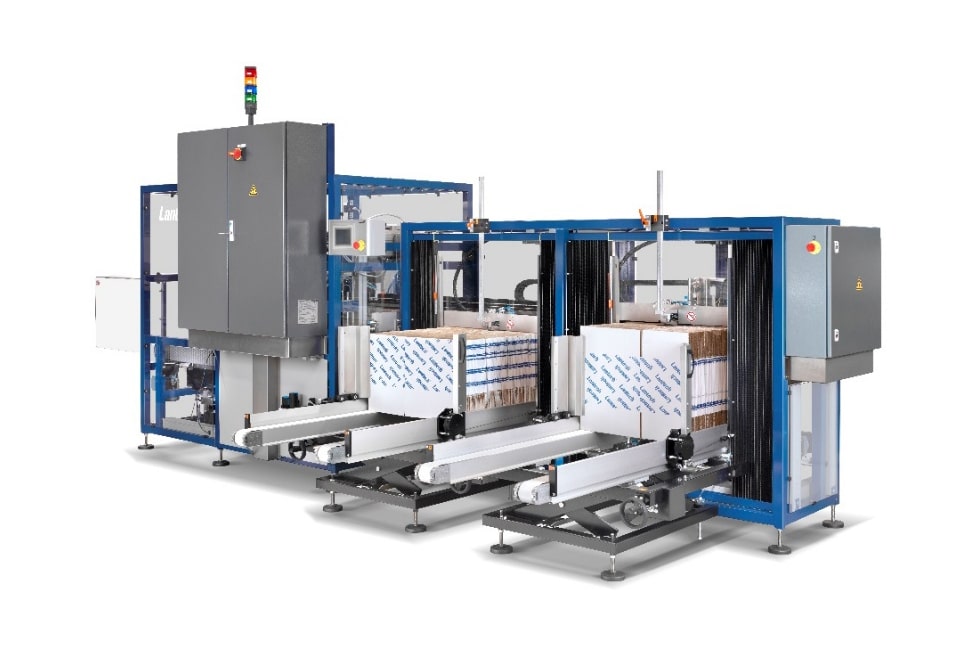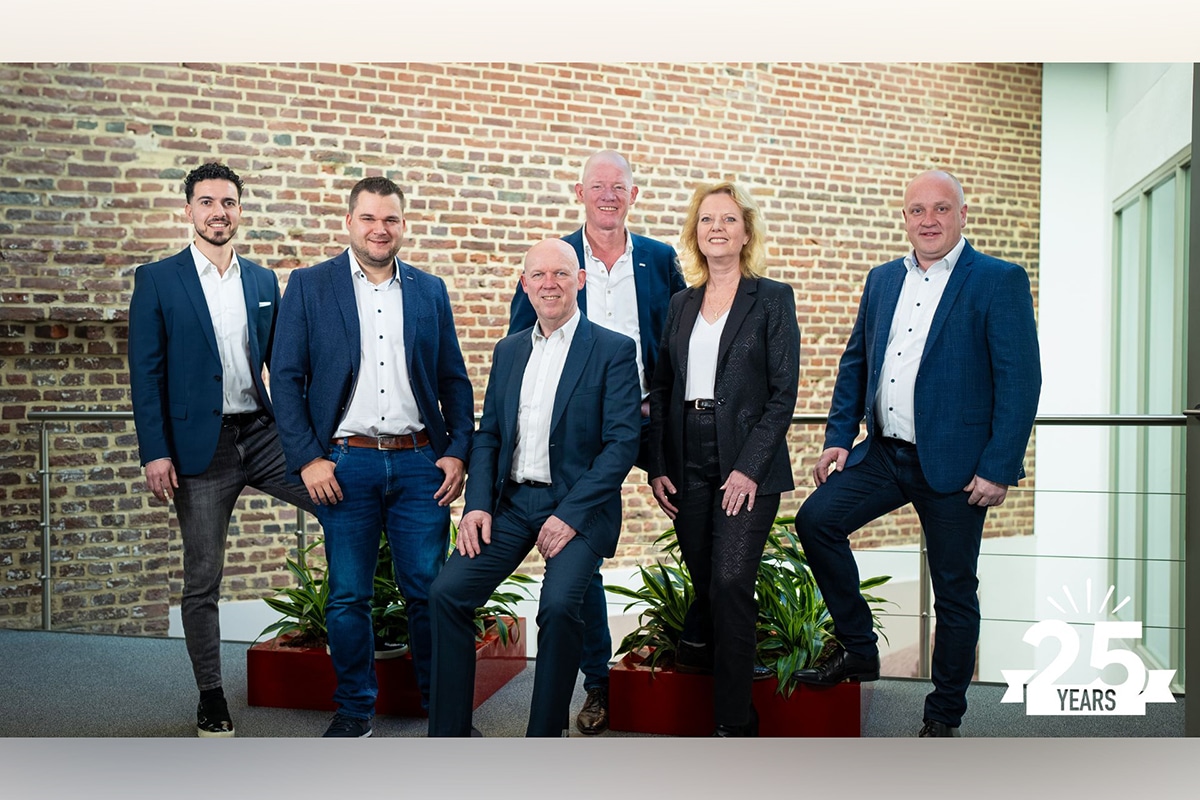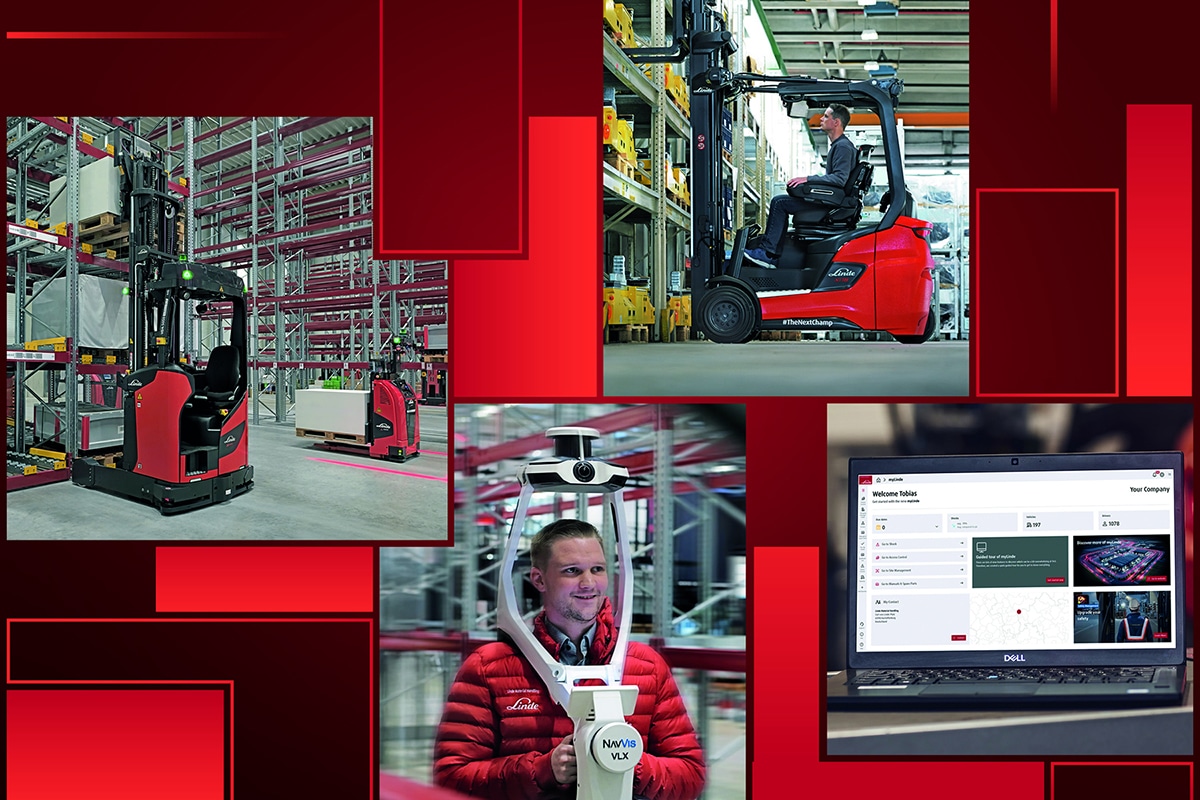
Do you really dare to manage on data?
Data is everywhere. Warehouses and logistics processes generate an enormous amount of figures every day: from pallet movements and forklift routes to shift productivity and distances between racks. But how many companies really manage this data? Not just with dashboards as status symbols, but with data as the foundation for real change? The truth is that data has no value unless you harness it. And therein lies the challenge for many companies.
At Bricklog, we see daily how the "data paradox" plays out in the world of warehousing and logistics. There is the will to work data-driven, but often the fear of actually taking action. Why? Because data shows not only the bright sides of your organization, but also where things are failing. And that requires guts and trust.
Imagine a large warehouse, with racking up to the ceiling and thousands of SKUs (Stock Keeping Units). Without good data, it's chaos. Pallets get lost, walkways are inefficient, and costs run up without anyone knowing exactly why. Data can change this. It exposes where the bottle necks are: why a shift is working less efficiently, how walking distances can be shortened, or where your inventory management is falling short.
But let's face it: you can't manage on bad data. In the world of logistics, data quality errors are a major culprit. Think double entry, missing fields or incorrect inventory levels. Bad data leads to bad decisions. This means you have to invest in cleaning and enriching your data before you can make any real moves.
We advise our customers to start small. Take a specific process, such as order picking, and improve it step by step with data-driven insights. Once employees see that the numbers actually help them - for example, by better planning peak loads or reducing errors - trust develops. And trust leads to more cooperation and further improvement.
Data also provides opportunities to look beyond internal processes. Take sustainability. Where ESG (Environmental, Social, Governance) is increasingly demanding of companies, we see data as a way to turn those obligations into a strategic advantage. By enriching data with SKU-level carbon footprint insights, we were able to help a client not only improve its reporting, but also make its logistics process more sustainable. The result? Lower costs AND a stronger partnership with the customer.
Warehousing and logistics run on precision, speed and reliability. Here, data can be the key to success. But only if you are willing to use it. So my question to you: what will you do with your data tomorrow? Will you leave it lying around like a forgotten pallet in the shed, or will you use it to work smarter, more efficiently and sustainably?
The Pen - Hubert Benneker – Founder and owner of Bricklog




